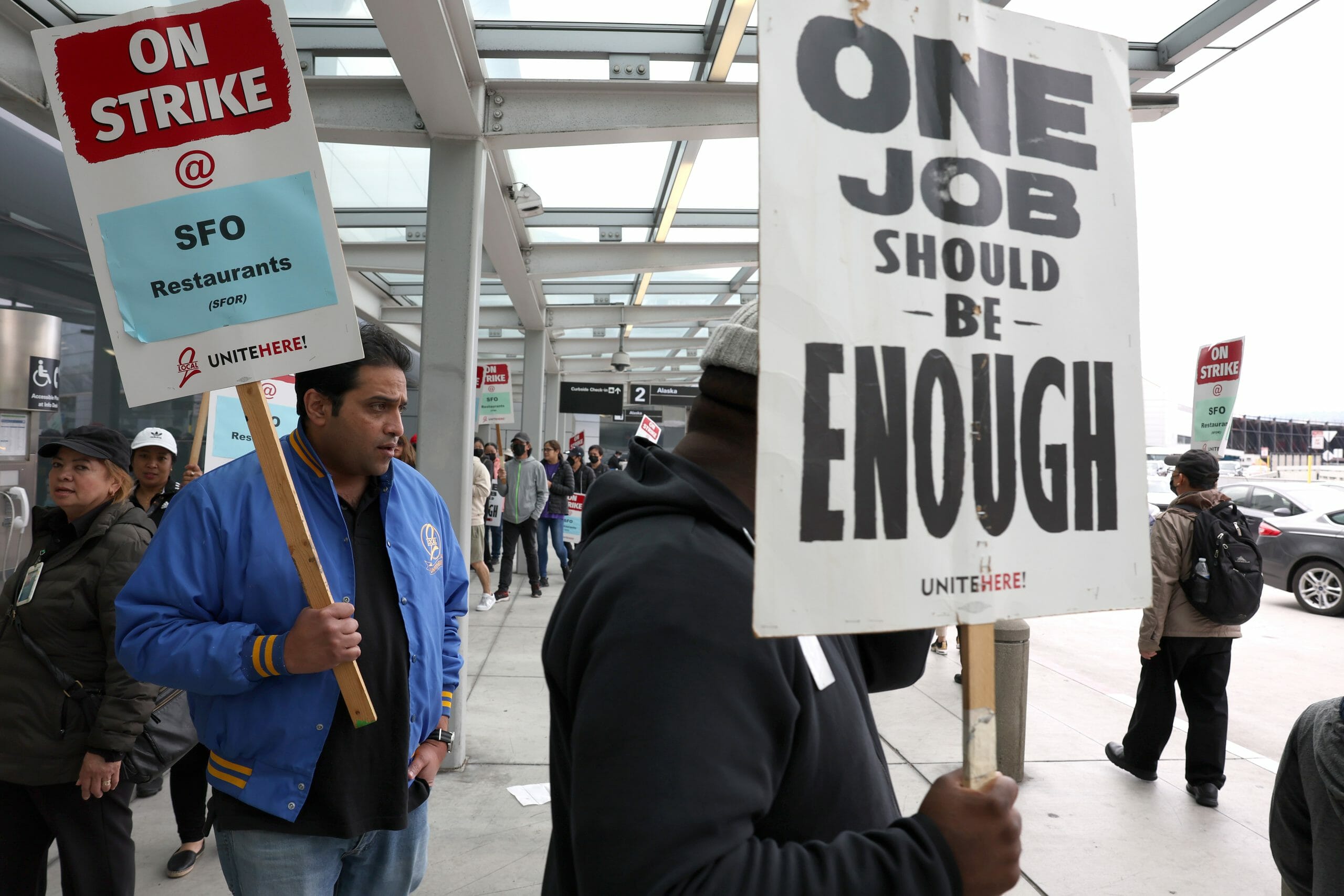


The research on the economic impact of noncompetes is clear: By keeping workers from finding better opportunities, they reduce wages and reduce the formation of new firms. In other words, by restricting employees from joining competitors or starting their own ventures, noncompetes impede not only individual career and wage growth but also the dynamism of the broader economy.
Employers don’t need noncompetes to protect their trade secrets, as they sometimes claim. Intellectual property law already provides significant legal protections for trade secrets. Noncompetes have been unenforceable in California for decades without keeping that state from becoming a leader in tech innovation.
Further, noncompetes are often bundled with other anti-competitive employer practices that harm workers.
For instance, over half of firms surveyed that required noncompetes for at least some of their employees also required workers to agree to mandatory arbitration, rather than the court system, to resolve disputes with their employers. This underscores that the purpose of noncompete agreements is to restrict employees’ options, not protect trade secrets.
Noncompetes are about reducing competition, full stop. It’s in their name.
Noncompetes are bad for workers, bad for consumers, and bad for the broader economy. By banning them, the FTC’s rule will help raise wages for workers and take an important step toward creating an economy that is not only strong but also works for working people.